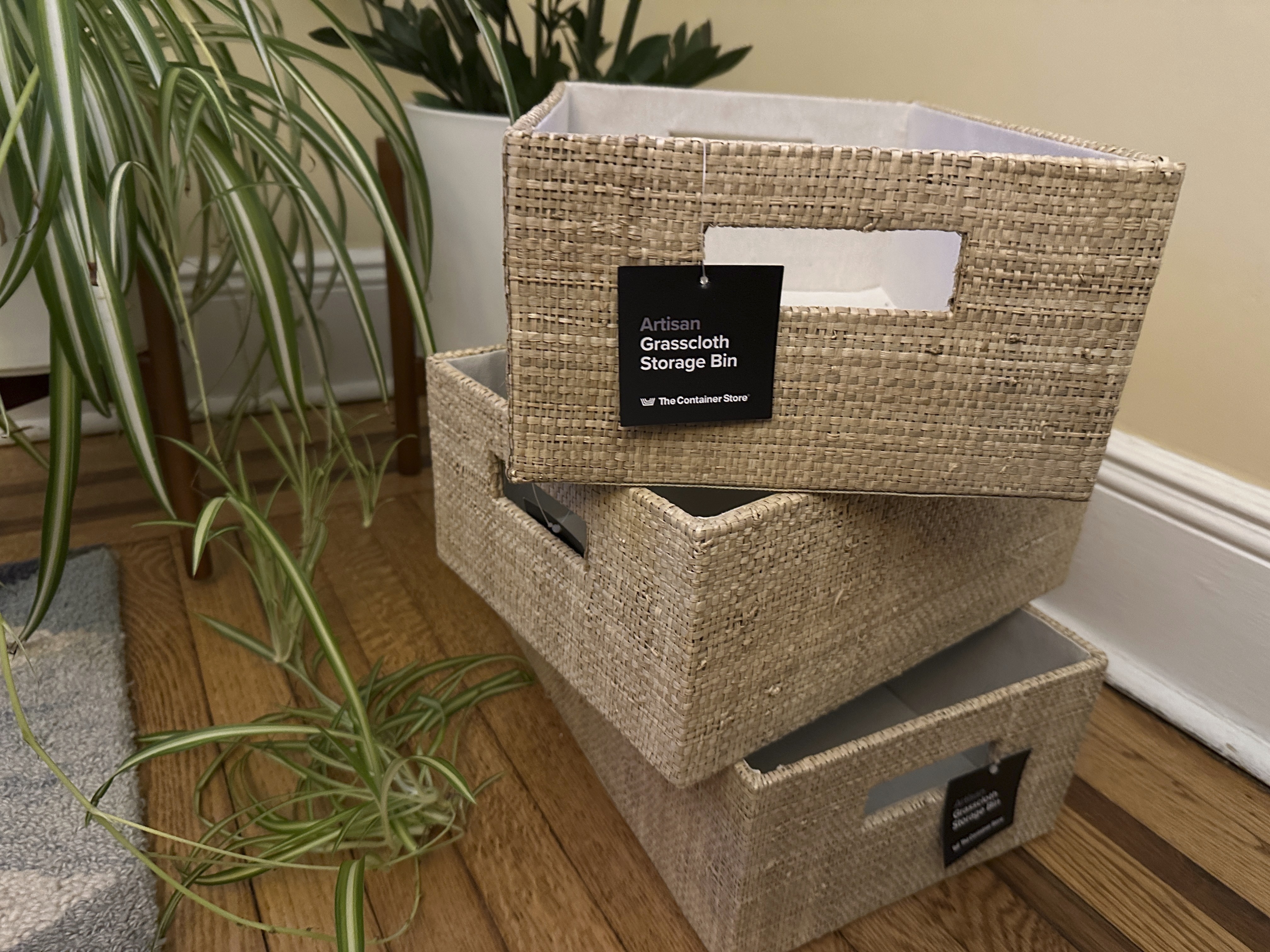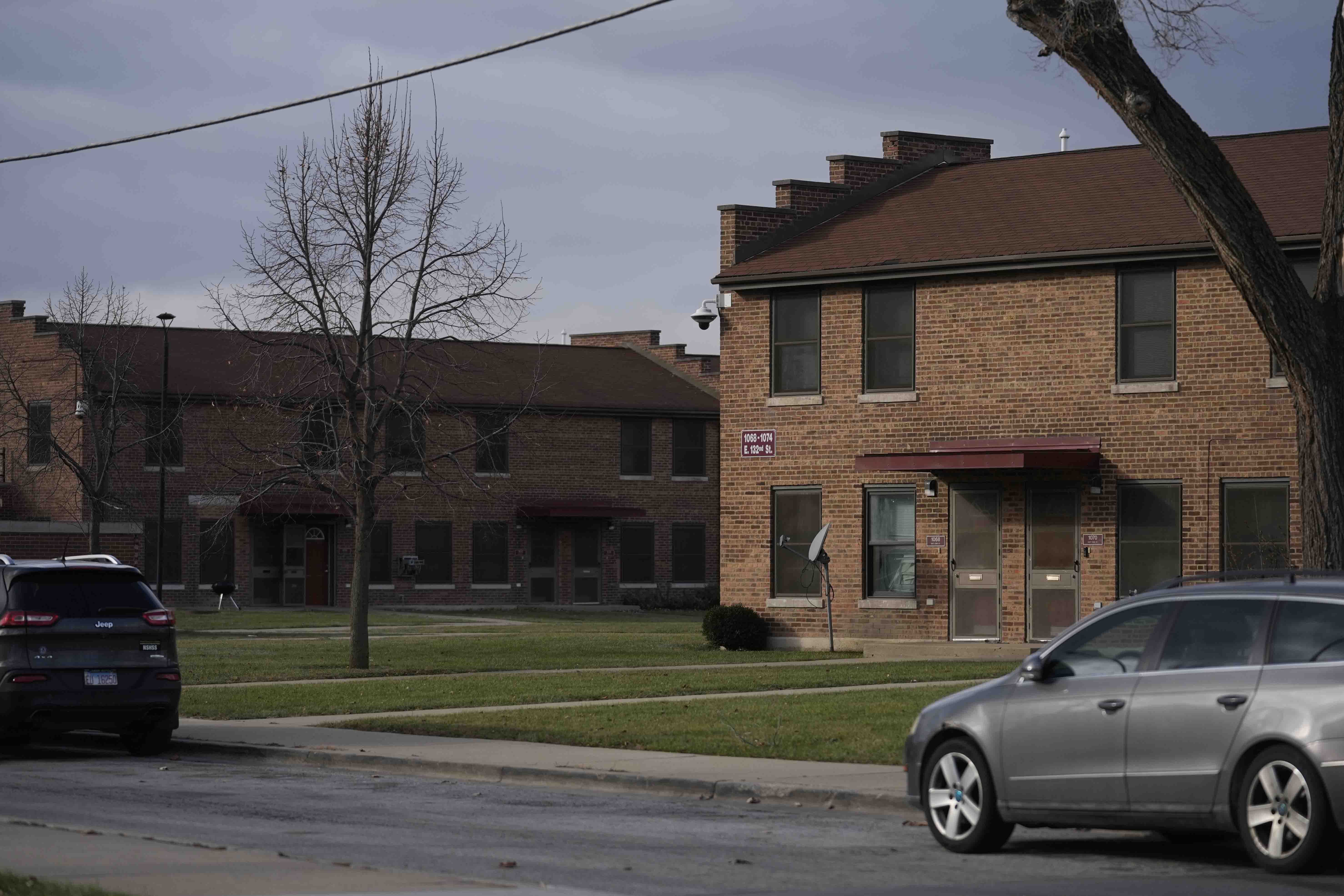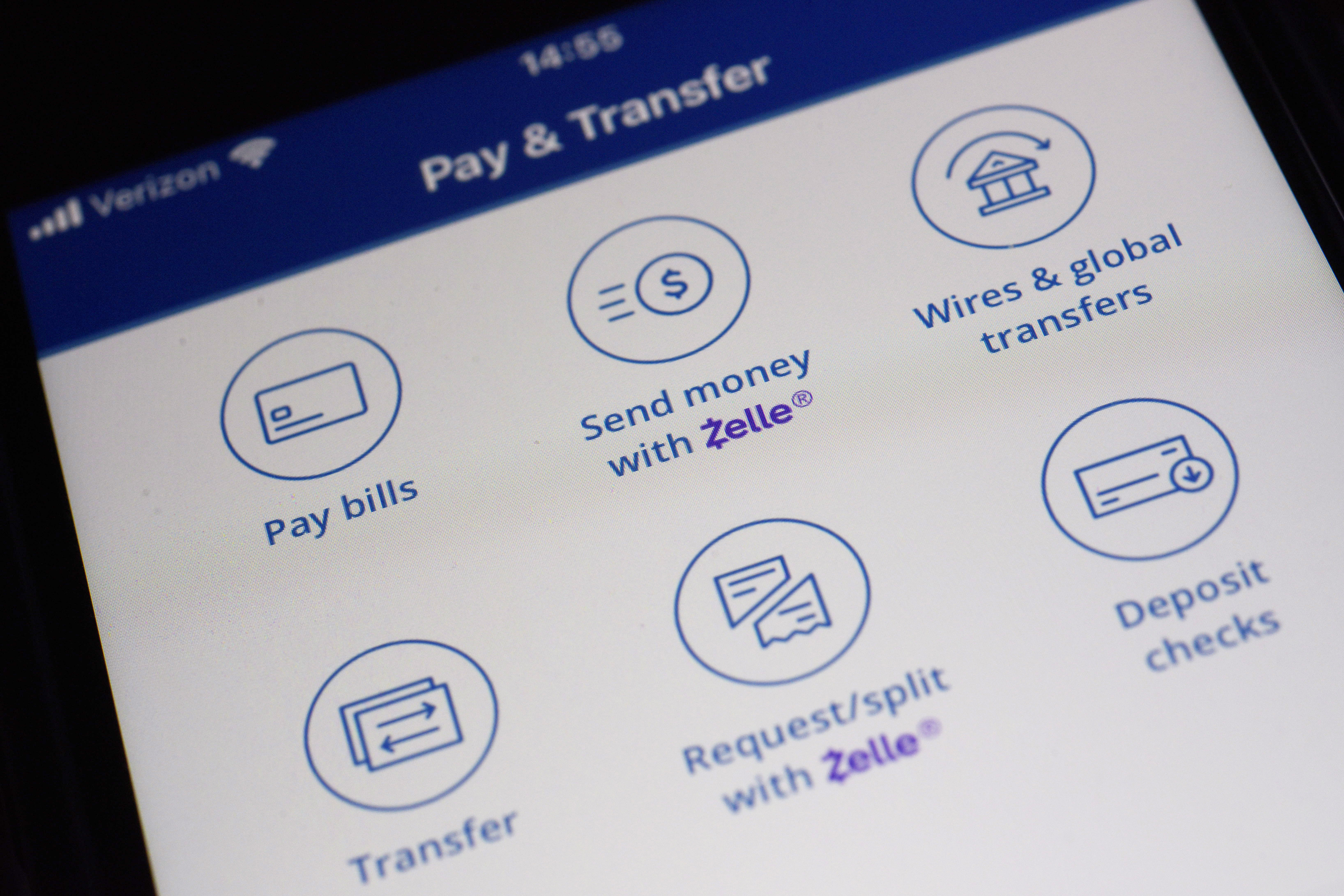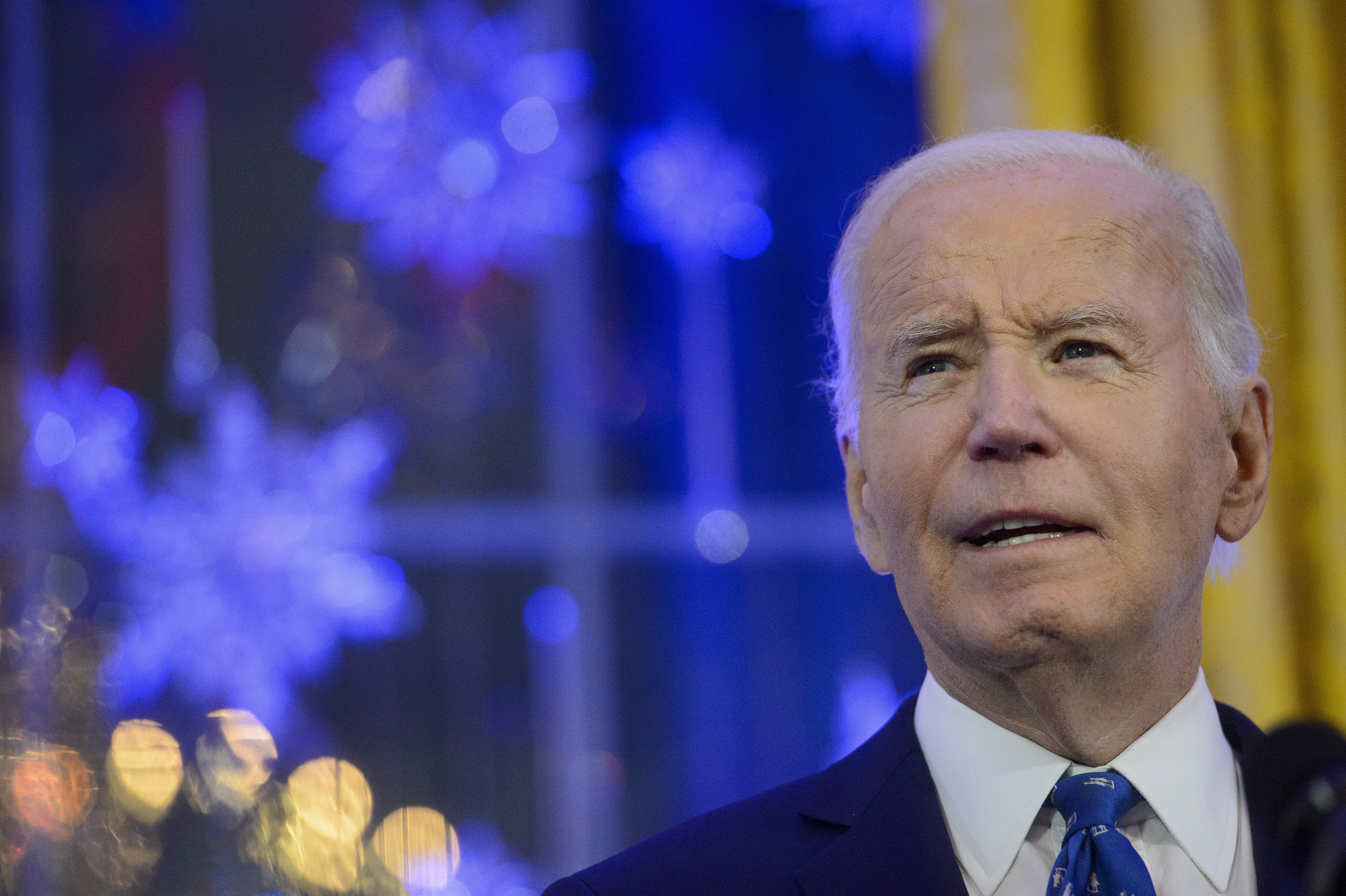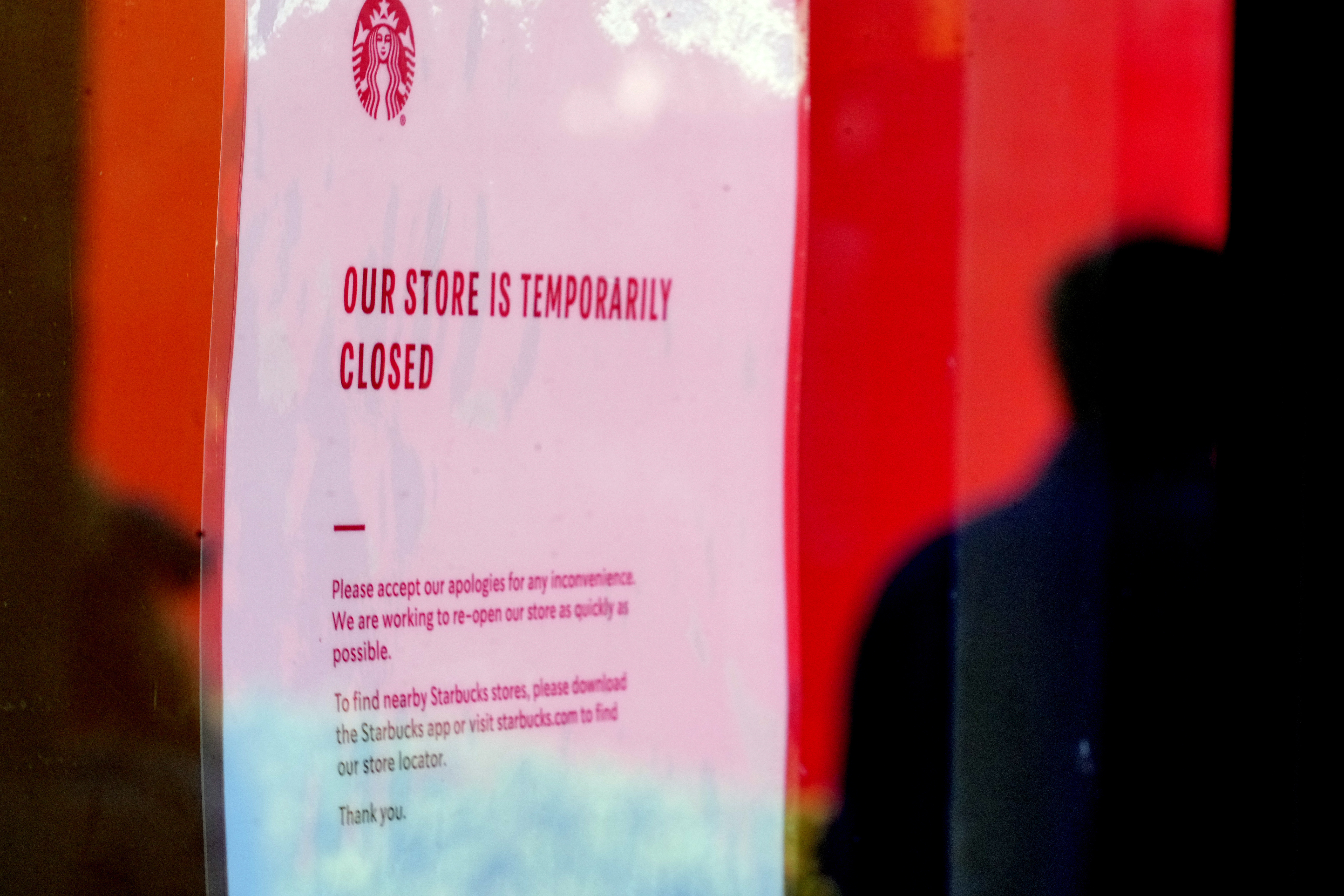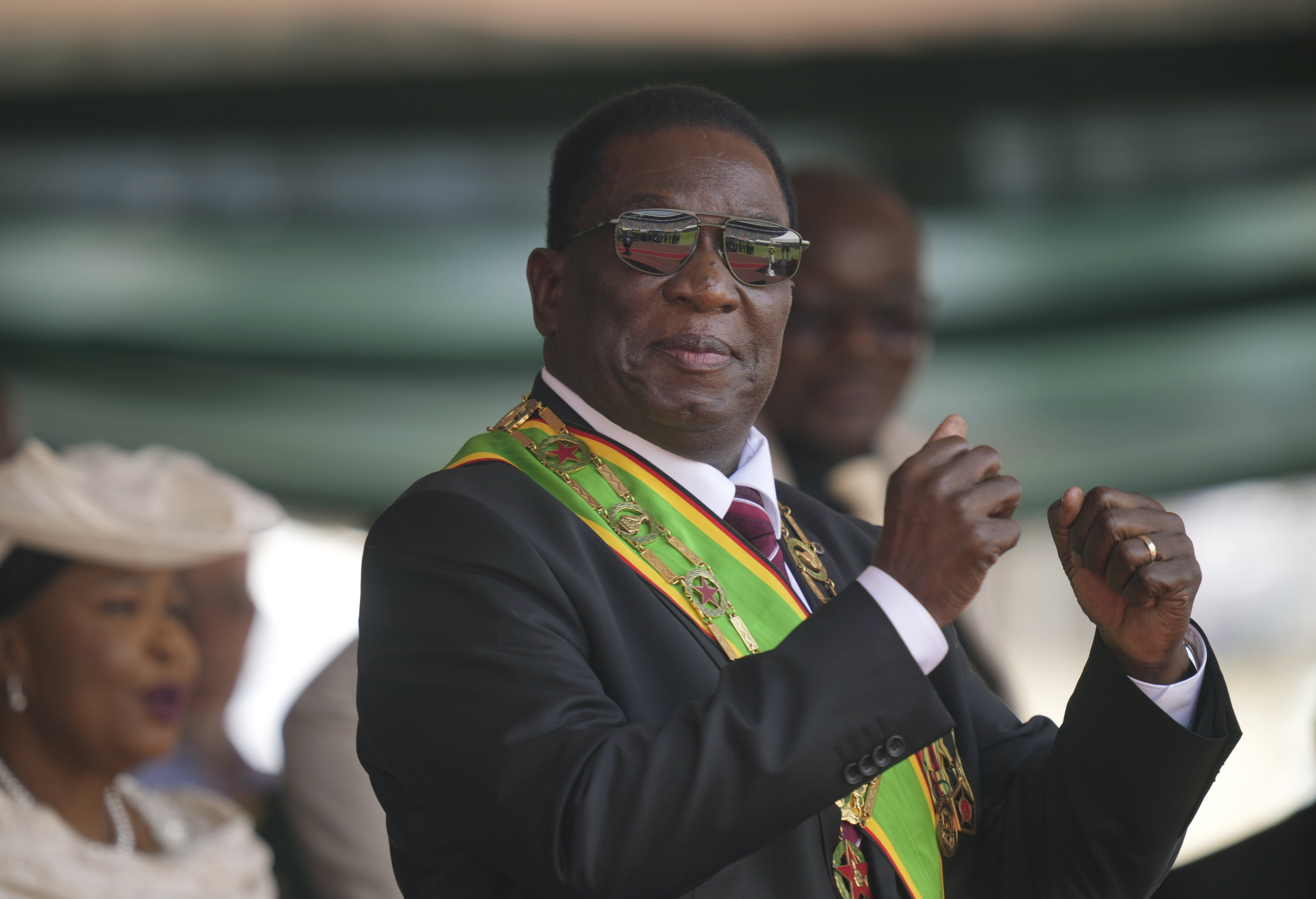RICHMOND, Va. (WRIC) — Virginia Gov. Glenn Youngkin said he plans to “take every action” he can to “protect life” in the wake of Friday’s U.S. Supreme Court decision striking down the constitutional right to an abortion, asking four Republican state lawmakers to help his administration “chart the most successful path” to bring forward legislation in 2023.
A Youngkin spokesperson confirmed Friday that the governor is seeking a 15-week abortion ban in Virginia after the ruling, but a compromise could come at 20 weeks.
“Virginians elected a pro-life governor and he supports finding consensus on legislation,” Youngkin spokesperson Macaulay Porter said in a statement. “He has tapped Senator Siobhan Dunnavant, Senator Steve Newman, Delegate Kathy Byron and Delegate Margaret Ransone to do so and prioritize protecting life when babies begin to feel pain in the womb, including a 15-week threshold.”
The Washington Post first reported Youngkin’s plans to seek a law restricting abortions after 15 weeks and that the governor said during a meeting with the newspaper Friday that setting a cutoff at 20 weeks could help it gain more support from lawmakers.
Abortions in Virginia won’t be impacted by the opinion immediately, as efforts to impose restrictions failed to pass through the General Assembly earlier this year with Democrats holding a slight majority in the state Senate.
That edge will stay in place until the Virginia Senate elections in November 2023, but one Democrat in the closely divided chamber has previously voiced support for an abortion ban.
That lawmaker, state Sen. Joe Morrissey (D-Richmond, said Friday that while he opposes abortion he doesn’t believe the government “should be telling women what to do with their bodies.” But he didn’t close the window for a potential ban.
“As many know, I am personally opposed to abortion, just like Senator Tim Kaine,” Morrissey said in a statement. “Still, I defend the position that women should have safe access to the procedure, at the very least, up to the moment a fetus can feel pain which many agree is 20 plus weeks of a pregnancy; in cases when a mother’s health or life is at risk; in cases of rape that result in a pregnancy; and in cases of incest that result in a pregnancy.”
Gov. Youngkin (R) has repeated that he’s against abortions but that he supports exceptions in cases of rape, incest and where the mother’s life is in danger.
The governor has also previously shared support for a “pain-threshold bill” in Virginia. Other states have passed similar laws, which prohibit abortions after about 20 weeks of gestation based on the argument that a fetus can feel pain at that point.
“The Supreme Court of the United States has rightfully returned power to the people and their elected representatives in the states. I’m proud to be a pro-life Governor and plan to take every action I can to protect life,” Youngkin said in his statement.
Republicans in the Virginia Senate and House of Delegates proposed 20-week abortion bans, but both failed to advance. House Republican leaders opted not to move a bill from Del. Nick Freitas (R-Culpeper), the “Pain-Capable Unborn Child Protection Act,” forward due to the numbers in the state Senate.
In February, Republican predications came true after a Democratic-controlled state Senate committee killed an identical bill from state Sen. Amanda Chase (R-Chesterfield).
Democrats in the Virginia General Assembly decried the court’s opinion, vowing to work to keep Virginia’s abortion laws on the books.
“This outrageous ruling does not change the law here in Virginia. Because of our strong state laws, abortion remains legal in Virginia. As other states face restrictions, Virginia will remain a safe haven for abortion care,” state Sen. Jennifer McClellan (D-Richmond) said in a Friday statement. “We welcome everyone to make their reproductive health decisions free of government interference.”
Republicans in the state Senate and House of Delegates praised the court for sending the decision on abortion rights to states, with House Speaker Todd Gilbert (Shenandoah) saying it puts “an enormous responsibility back into the hands of the General Assembly.”
“Our Caucus is ready to work with Democrats to protect the life of unborn children, particularly those who science has proven can feel pain in the womb,” Gilbert said in a statement. “I sincerely hope that Democrats will end their use of scare tactics and work with Republicans as the people of Virginia expect.”
Youngkin claimed Friday that Virginians “want fewer abortions” and that he believes a bipartisan consensus can be accomplished to pass a law “to protect the life of unborn children, especially when they begin to feel pain in the womb, and importantly supporting mothers and families who choose life.”
“That’s why I’ve asked Senator Siobhan Dunnavant, Senator Steve Newman, Delegate Kathy Byron and Delegate Margaret Ransone to join us in an effort to bring together legislators and advocates from across the Commonwealth on this issue to find areas where we can agree and chart the most successful path forward,” Youngkin said in his statement. “I’ve asked them to do the important work needed and be prepared to introduce legislation when the General Assembly returns in January.”
Virginia Senate Democrats said the caucus will focus on fighting for abortions rights in the commonwealth ahead of expected challenges moving forward.
“While these efforts will no doubt be redoubled with the fall of Roe v. Wade today, Senate Democrats remain strong to protect the right to choose in the Commonwealth and will not back down in the face of these incoming threats—any others that might come next,” a statement from the caucus read. “Make no mistake—we will protect a person’s right to choose in Virginia.”
Virginia House Democrats, including new party leader Del. Don Scott (Portsmouth) and House Democratic Caucus Chair Charniele Herring (Alexandria), shared their frustrations with the ruling but shared a glimmer of optimism for abortion rights in Virginia.
“House Democrats stand with a majority of Virginians who believe in every person’s right to bodily autonomy,” Del. Herring said. “We passed the Reproductive Health Protection Act in 2020 and, as a result, abortion is still legal and accessible in Virginia. Today, we recommit to fighting every day to keep it that way.”
Currently, Virginia allows abortions during the second trimester and only after the second trimester in circumstances when three doctors conclude “the continuation of the pregnancy is likely to result in the death of the woman or substantially and irremediably impair the mental or physical health of the woman.”
